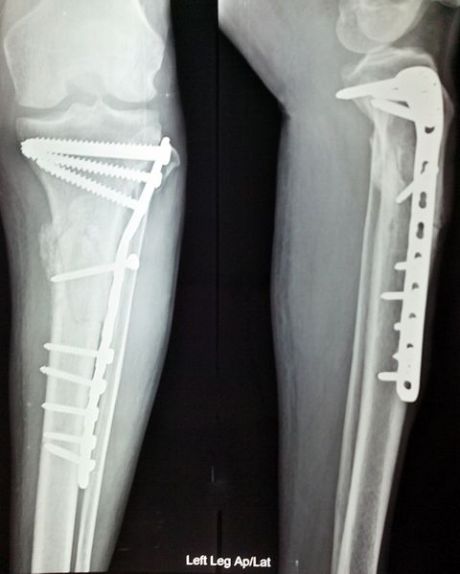Ti and Ti alloys are ideal materials for orthopaedic implants as they are strong, biologically compatible and resistant to corrosion. While Ti-based implants are very strong, they are much stiffer than bone and this can lead to implant failure. In addition, Ti-based implants do corrode over long periods of time.
The EU-funded
BIOTINET (Academic-industrial initial training network on innovative biocompatible titanium-base structures for orthopaedics) initiative brought together 12 research groups from 10 European countries with expertise in biomedical materials research. The main aim of this initiative was to provide training to 18 PhD and postdoctoral researchers undertaking research into Ti-based implants.
Researchers involved in BIOTINET received training in biomaterials research methods as well as complementary subjects like entrepreneurship, ethics, communication, intellectual property rights and project management. Through eight BIOTINET meetings and partnerships with industry, the young researchers received broad exposure to the world of biomaterials research and development.
BIOTINET researchers produced nickel-free glassy Ti-based materials with improved mechanical properties and excellent corrosion resistance, and added a bioactive coating to improve implant acceptance. They also improved the tensile strength and wear resistance of Ti-niobium alloys by modifying the nanostructure of the alloy.
Other researchers modelled and analysed various new Ti-based structures for strength, flexibility, biocompatibility and other physical properties. Finally, scientists created porous Ti-based scaffolds and used them as a base on which to grow carbon nanotubes.
The research and training supported by BIOTINET has advanced the current state of Ti-based implants and provided a number of methods to improve biocompatibility. This training network has also advanced the careers of many early-stage researchers, providing them with skills for work in academia or industry.

